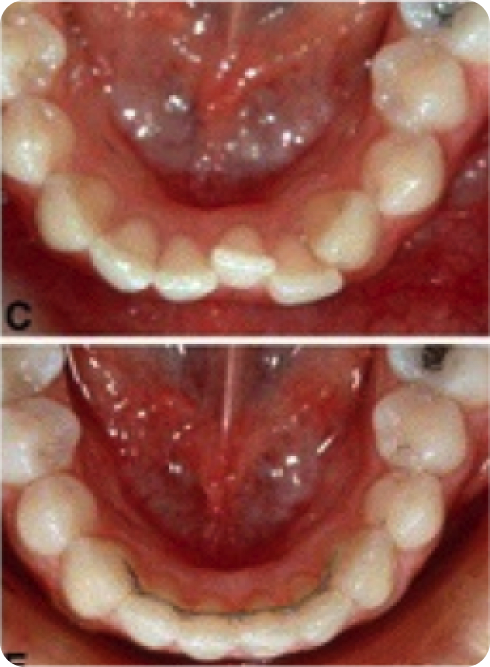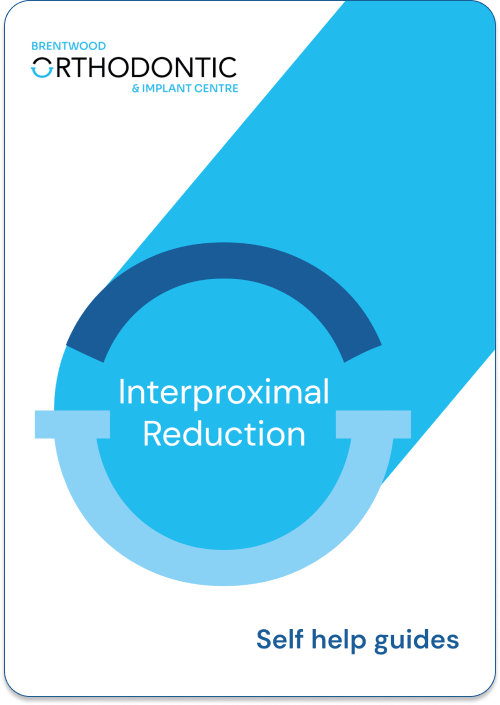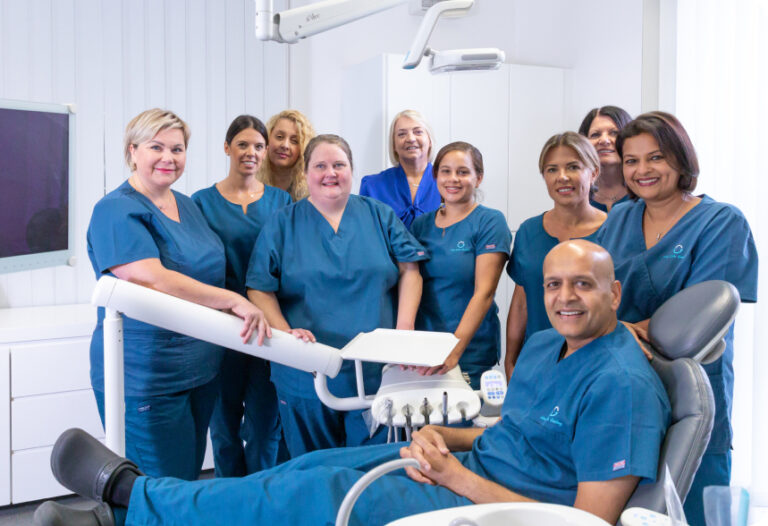Live Life Smiling
Understanding the benefits and the risks
Your orthodontist is considering carrying out a procedure on your teeth called “interproximal reduction” (IPR) – also known as interdental enamel reduction, slenderising, stripping, selective enamel reduction and enamel reproximation. You will need to know about the benefits and risks of this procedure. You may have some questions you would like answered before you decide to go ahead.
What is interproximal reduction?
Interproximal reduction is the mechanical removal of some of the outer tooth surface, called enamel, between teeth. It is possible to reduce the width of certain teeth by up to ½ mm. The space created by interdental reduction can then be used to straighten the teeth.
Why do I need interproximal reduction?
Your orthodontist needs to gain enough space in order to straighten your teeth and improve your bite. If the space required is small, then it can be achieved by interproximal reduction of several teeth. This could avoid the need for extracting teeth. It can also be done to reshape teeth.
How is it done?
The enamel is removed by using either;
- a fine dental bur,
- a disc in a dental hand piece (drill).
- by hand with an abrasive strip (file),
How long does it take?
Interproximal reduction takes only a few minutes and can be done in a single visit or spread over several visits.


No. Enamel is the material that makes up the outer shell of our teeth. It does not contain any nerves and so no discomfort is felt. As only a very thin layer of enamel is removed, no anaesthetic is required. You may, however, feel a strange pulling/pushing pressure during the procedure. Sometimes, to make some temporary space between teeth beforehand, small rubber rings called separators are placed between the teeth, a week before the interproximal reduction procedure is carried out, in order to move the teeth apart slightly.
Are my teeth more likely to decay if enamel is removed?
No. The orthodontist will only remove the minimum amount of enamel required to get your teeth straight. Each tooth will be left with enough enamel to continue to remain healthy and sound. Studies have shown that the decay rates of teeth that have had interproximal reduction are no higher than normal teeth. Your orthodontist may coat the teeth in a temporary fluoride varnish after the procedure to help the enamel “repair” itself. You may also be advised to use an alcohol-free fluoride mouth rinse to help keep the enamel strong.
Will my teeth be painful?
No. Some patients, however, may experience some temporary sensitivity to hot or cold foods and drinks but this usually returns to normal within a few days.
Will it give me gum disease?
No. The procedure does not make your teeth more at risk to gum disease. It is important for you to keep your teeth and gums clean and healthy throughout your orthodontic treatment.
What are the possible risks of interproximal reduction?
Plaque can collect more readily on teeth that have undergone interproximal reduction, if the tooth surface is not smoothed and polished by the orthodontist afterwards.
Is there a chance that my treatment won’t be successful?
For orthodontic treatment to be successful you will need to be committed to your treatment. You will need to attend regularly and look after your teeth and your brace. As a general rule, patients who cooperate well with treatment get good results, whilst those who do not cooperate well, get poor results. If your brace breaks repeatedly or you do not keep your teeth clean, treatment may be stopped, leaving your teeth in a worse position than when you started.
Are there any other risks?
There may be other rare risks which could affect you. These will be explained to you in greater detail by your orthodontist.

